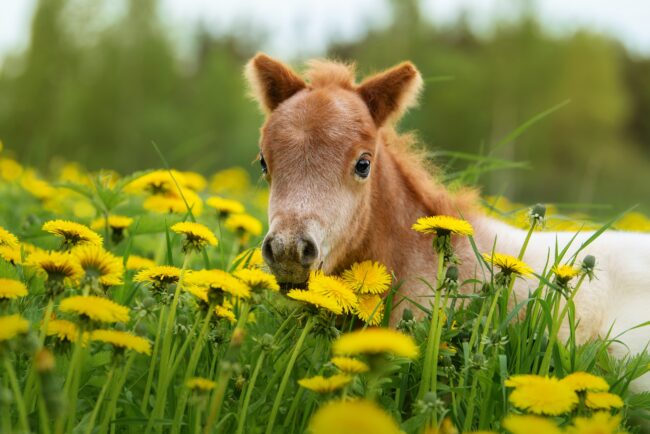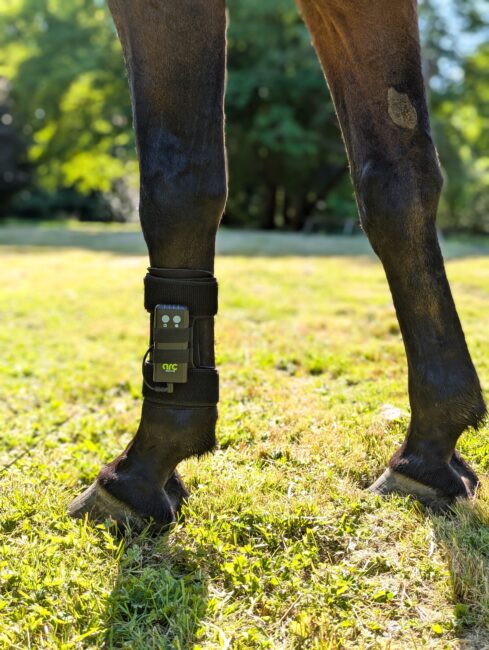
Summer Allergies in Horses: Symptoms, Causes, and Management
Coughing, sneezing, or skin bumps in horses during summer often indicate an allergic reaction. Understanding the effects of summer allergens such as pollens, fungi, and insects is key to managing these conditions.
Allergen Peaks and Their Effects
Pollen: Grass and tree pollen peaks from 5am to 10am. Intact pollen grains settle on the skin, upper respiratory tract, mouth, and eyes. Rain can break pollen into smaller particles that enter the lungs, causing respiratory issues. Allergic Rhinitis (also known as Hay fever can cause watery nasal discharge, sneezing, and nose rubbing when pollen counts are high. Some horses may also develop swollen eyes.
Fungi: Fungi on grasses and hay contribute to stable-associated asthma. Spore release increases with humidity, peaking in early morning and during warm, windy weather. Fungal spores travel long distances, exposing horses to a variety of fungi.
Insect Bite Hypersensitivity (IBH): Hypersensitivity to midges and other insects causes immediate hives or delayed itching and crusting. Horses often show both reaction types. Warm weather increases flying insects, which release allergenic chemicals in their saliva when they bite. Different insects have specific feeding patterns:
- Culicoides Midges: Active at dawn and dusk, breeding near water and gathering near hedgerows.
- Horseflies: Feed during the day on the flanks, chest, and legs, tolerating windy conditions.
Equine Pasture Asthma (EPA): Worsens with increased turnout during hot months. Symptoms include coughing, high breathing rate during and after exercise, and poor performance. Begins in July, persisting until October.
Allergies develop when a horse becomes sensitized to an allergen. Exposure triggers immunoglobulin E (IgE) production, releasing histamine, which causes increased blood flow, fluid accumulation, itching, sneezing, and coughing. Re-exposure leads to a faster and more severe immune response.
Typical treatment strategies
- Moving horses indoors and rinsing with cold water to remove allergens and reduce swelling. Use colloidal oatmeal shampoo to alleviate itching.
- Medications administered orally, by injection, on the skin, or inhaled.
- Allergen-specific immunotherapy, vitamin B3, and omega-3 fatty acids show mixed results. Sweet itch rugs and permethrin fly repellents are effective.
- Tailored approach with regular airway health monitoring and corticosteroid treatment.

The great news is the ArcEquine can also help manage some allergy symptoms you may experience. The microcurrent therapy helps to alleviate inflammation which is a common allergic reaction and as well as targeting the pain and discomfort your horse may be experiencing as a result. The ArcEquine also promotes general health and wellbeing, aiding the natural immune system to combat allergy symptoms.
Understanding summer allergens and their effects on horses is essential for effective management and treatment. Combining immediate care, medications, and preventive measures helps maintain horse health and comfort during allergy season.










